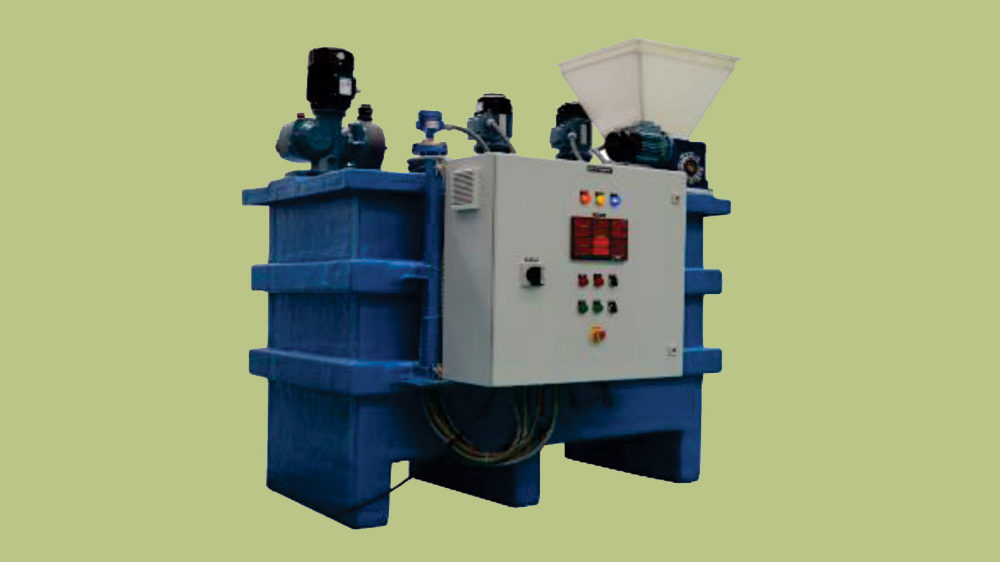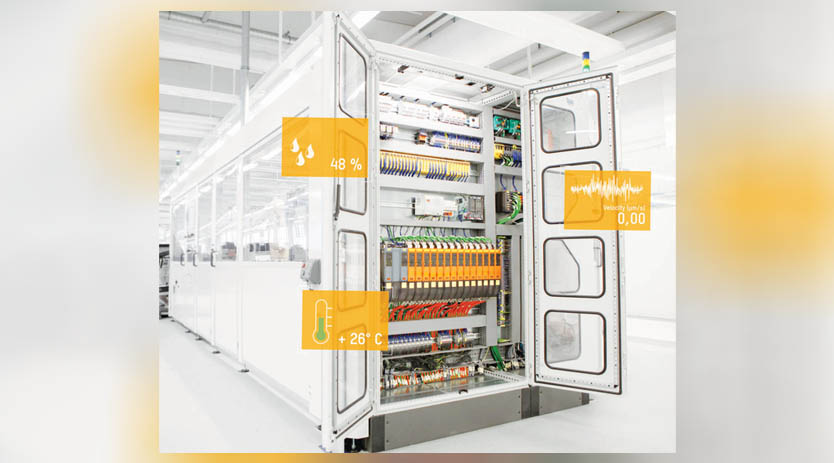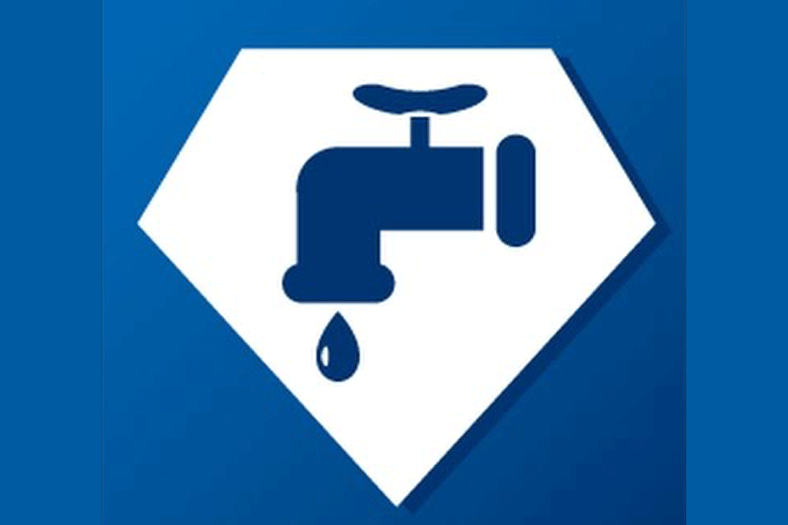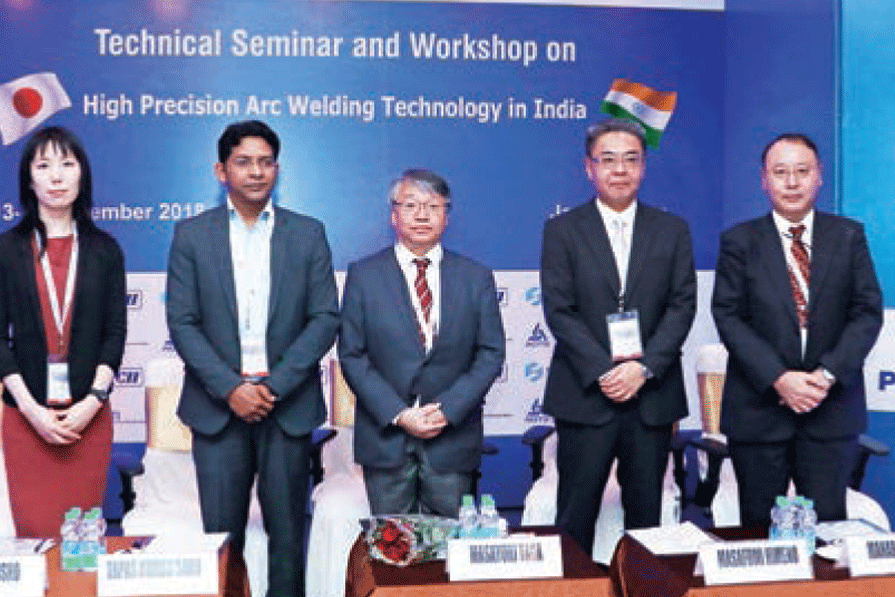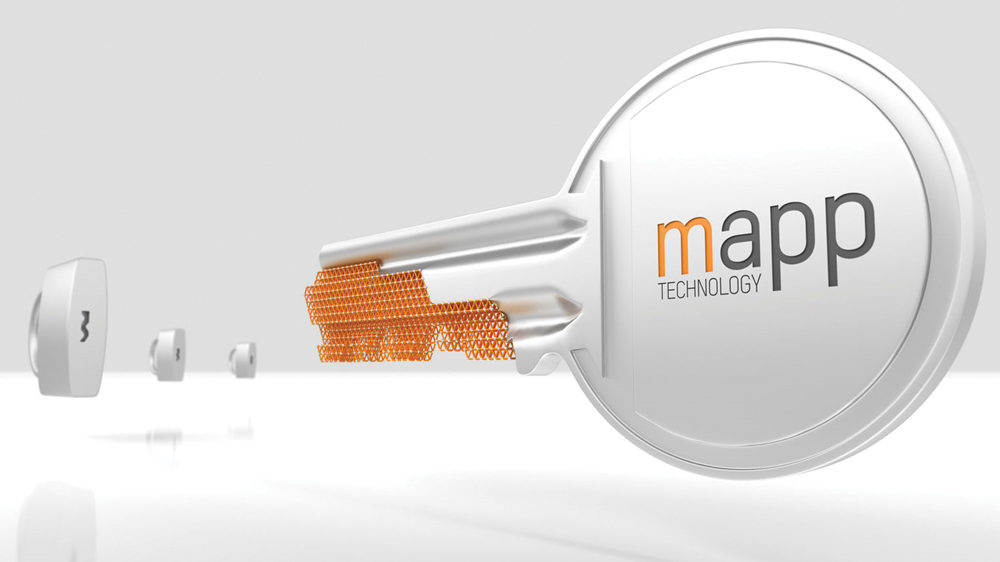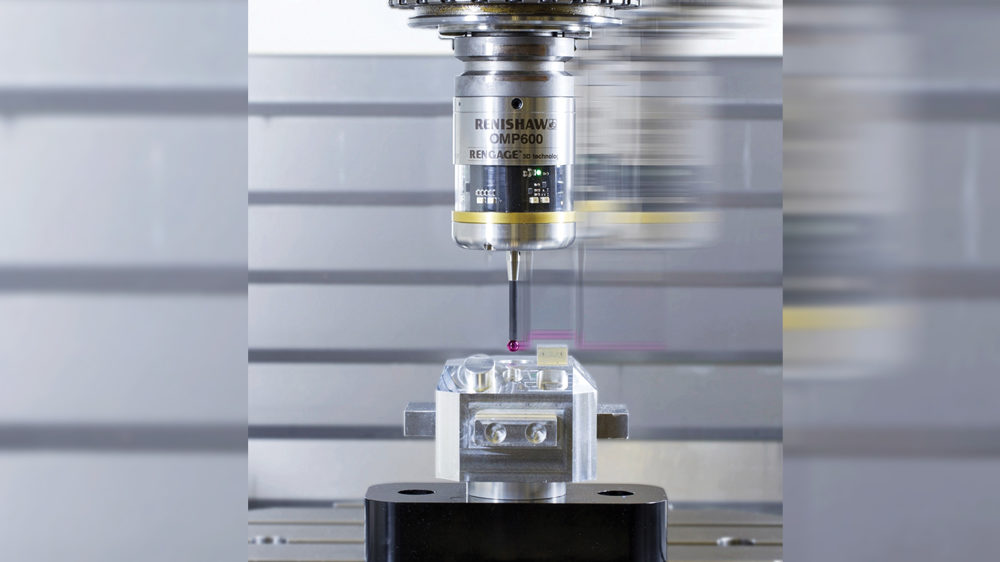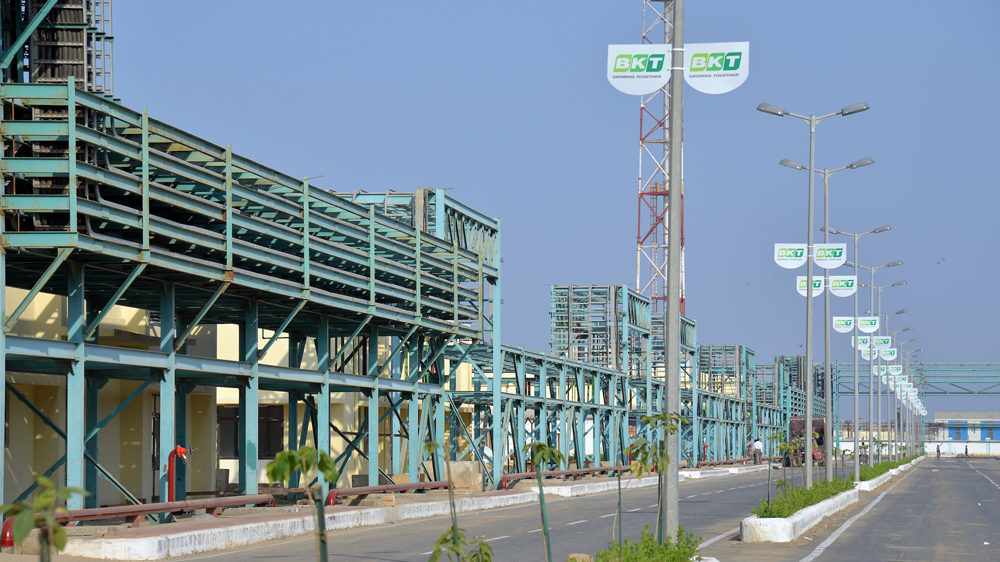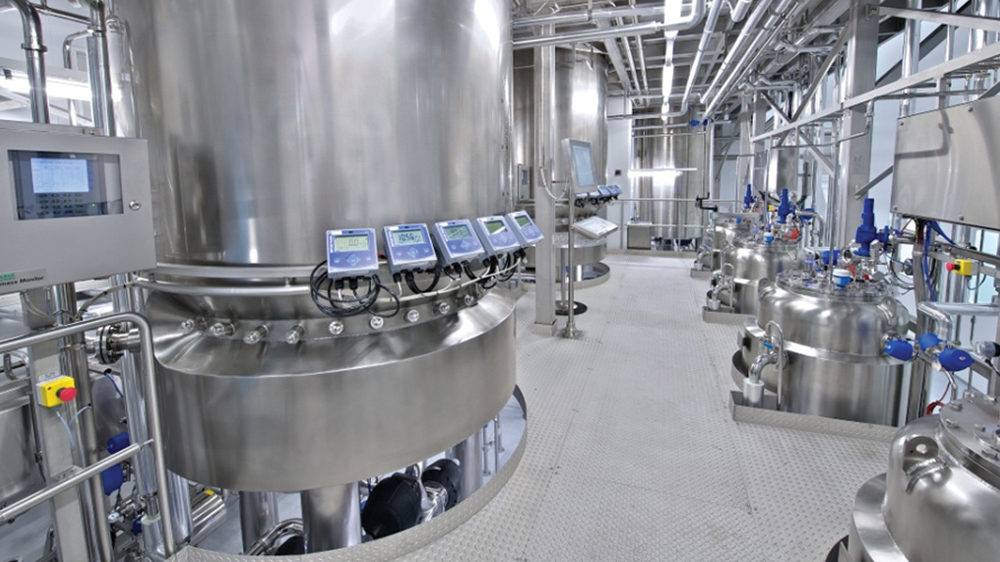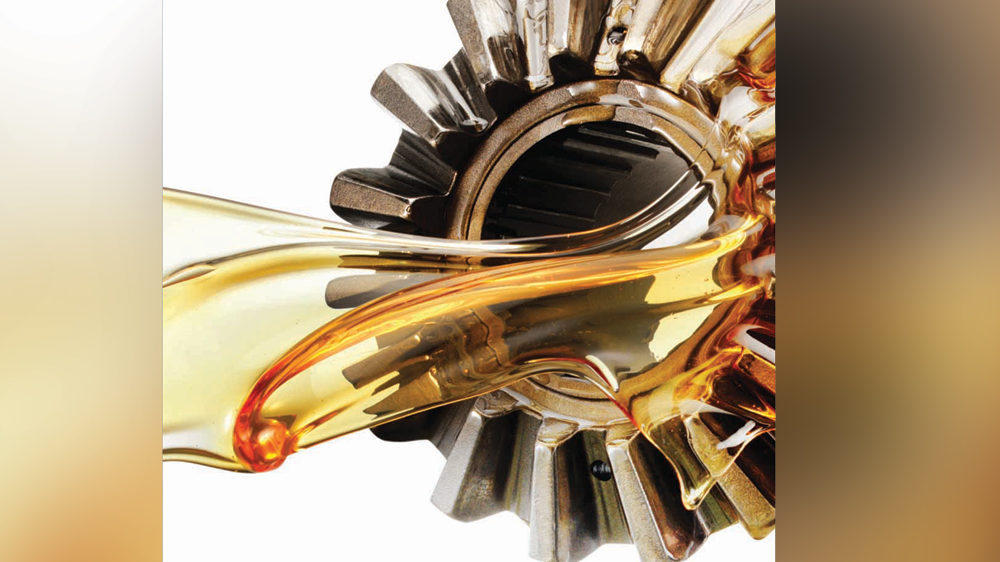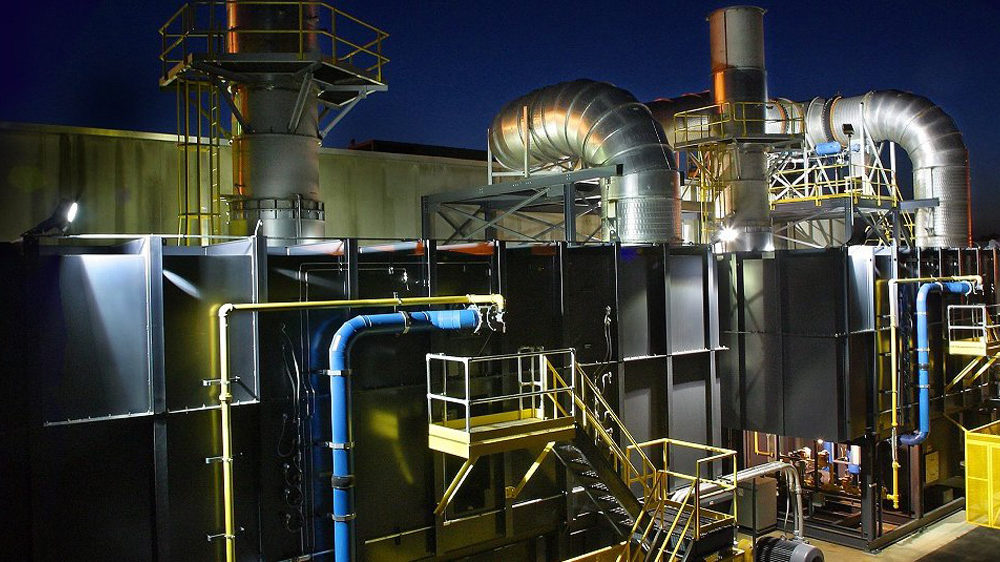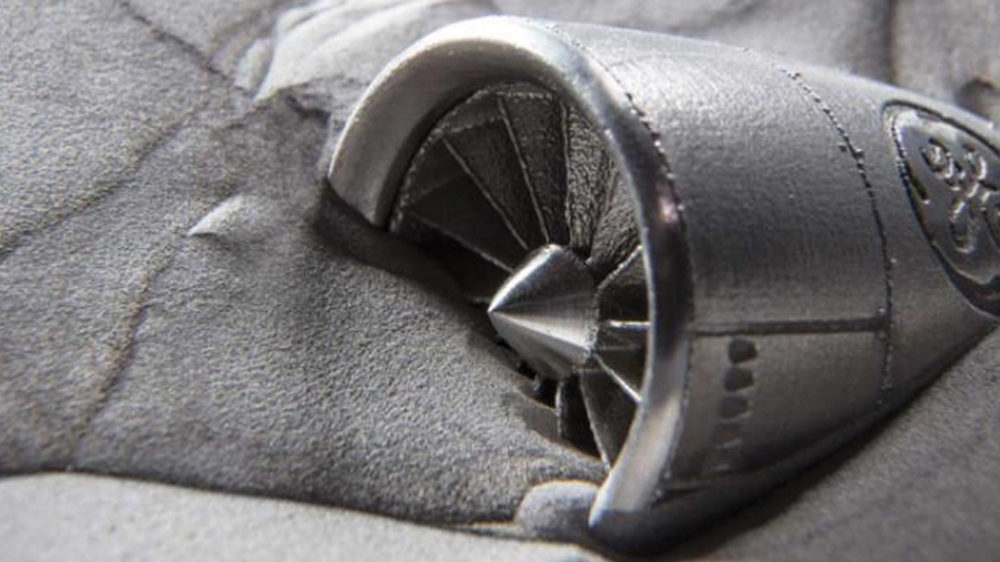“One size fits all” solution to the metering pump selection: The myth busted
By OEM Update Editorial September 11, 2018 3:56 pm IST
Faced with the wide array of chemicals that need to be used, wastewater-treatment plant operators can optimise operations by identifying and selecting the proper metering pump technology, be it hydraulic diaphragm, mechanical diaphragm, electronic diaphragm or peristaltic design.
Mixing and dosing effluent treatments
At first glance, the treatment of municipal wastewater seems pretty straight forward. Water that has been fouled, flows into the wastewater-treatment facility, making its way through the treatment system where any harmful impurities and particulates are removed. Once it has reached a predetermined level of cleanliness, it is either released to the environment, i.e. a local stream or pond, or sent out for reuse.
In reality, however, treating wastewater is a highly complicated process, featuring any number of critical steps that must be performed for exacting criteria by highly technical pieces of equipment. The system is only effective when the proper chemicals are used to treat the water, and these chemicals can cover a wide range in terms of pH level, viscosity, material compatibility and handling characteristics.
A few of the more commonly used chemicals in wastewater-treatment applications, and their characteristics, include:
• Sodium hypochlorite: Known throughout the world as bleach, this liquid is most commonly used for disinfection at the treatment plant.
• Sulfuric acid: Used for pH adjustment, it is provided either as a concentrate or dilute with concentrated solutions being less corrosive than dilute solutions. Concentrated solutions can be handled in many situations with cast iron, steel materials or Alloy 20, while dilute solutions require plastics such as PVC.
• Sodium hydroxide: Used for pH adjustment, it is often provided in solution strengths from 25 per cent to 50 per cent.
• Sodium Bisulfite: One of the most commonly used dechlorinating agents at treatment plants.
• Emulsion Polymer: Fed as a coagulant to assist the dewatering equipment within a wastewater-treatment facility, this chemical is often extremely viscous and is shear-sensitive, once hydrated.
Faced with the myriad chemicals that can be used in wastewater-treatment systems, and knowing that each one contains unique handling and implementation characteristics that must be followed to the letter, plant operators must be certain that they have selected the proper metering pump technology for their dosing applications. With that in mind, they must be made aware that there is no ‘one size fits all’ solution to the metering pump selection. In fact, creating the most efficient, effective and —most importantly — safe chemical-handling operations in wastewater treatment will most likely require the use of different types of pump technologies, all of which bring their own set of benefits to the operation. Here’s a look at four pump technologies that can play a key role in an optimised wastewater-treatment operation if implemented properly:
Mechanical Diaphragm Metering Pumps
Hydraulic diaphragm metering pumpsHydraulically actuated diaphragm metering pumps are ideal for operation in the harshest chemical-handling conditions as they are a low-maintenance pump that is designed for 20 years of service. This longevity and low maintenance is largely due to most of their moving parts being submerged in a bath of hydraulic fluid coupled with fact that the diaphragm is hydraulically balanced.
Solenoid diaphragm metering pumps
Solenoid actuated, or electronic, metering pumps are a viable economical option in wastewater treatment operations for low-flow/low-pressure chemical-dosing applications. They are normally provided with an on-board relief valve to prevent pump damage from over-pressurisation.
Our state-of-art facility ensures quality, reliability and availability of the system and on-time support from receipt of material to after-market. Backed by well- known global brands, our in-house design and engineering team is ready to support you to develop the polymer dosing systems & Custom- engineered skids for your specific critical & super critical applications.
Ensuring that communities have the cleanest water possible for cooking, cleaning, drinking, bathing and recreational activities like fishing and boating places a great amount of pressure on water and wastewater-treatment facilities to perform their jobs as effectively, efficiently and safely as possible. The number and type of chemicals that may be required in the various treatment processes only help to increase the risk for the plant operator. Therefore, the operator can only be certain that the operation reaches the pinnacle of proper performance if the best pump technology is chosen for each of the many critical chemical-metering processes that must take place every day. With so many varying flow rates, viscosities, compatibility issues, pH levels and handling characteristics to consider, a varying array of pump types must be employed to guarantee optimised operation. When it comes to chemical handling, mechanical, hydraulic and solenoid metering pumps, along with peristaltic pumps, have been proven to offer the best operational capabilities. When used in the proper application, these technologies can help overcome any concerns the plant operator can have — and the pump manufacturers themselves stand ready to lend a hand in order to ensure that the treatment system will reliably operate at the highest level.
Authored article by:
Tom O’Donnell
Director of Business Development
Neptune TM Chemical Pump Company and PSG
Cookie Consent
We use cookies to personalize your experience. By continuing to visit this website you agree to our Terms & Conditions, Privacy Policy and Cookie Policy.



